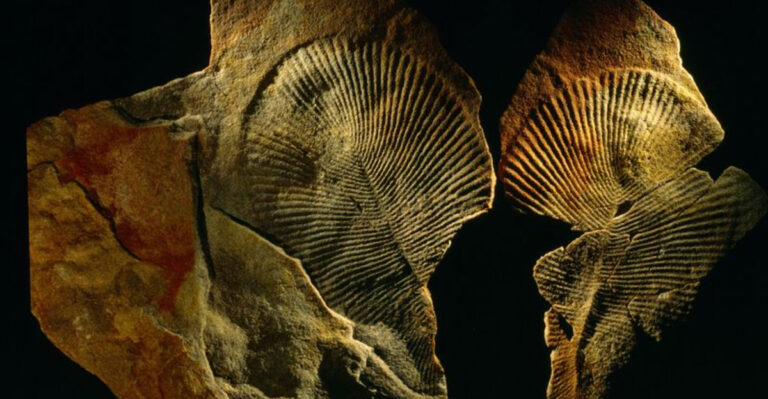The 15 Smells That Ants Absolutely Hate
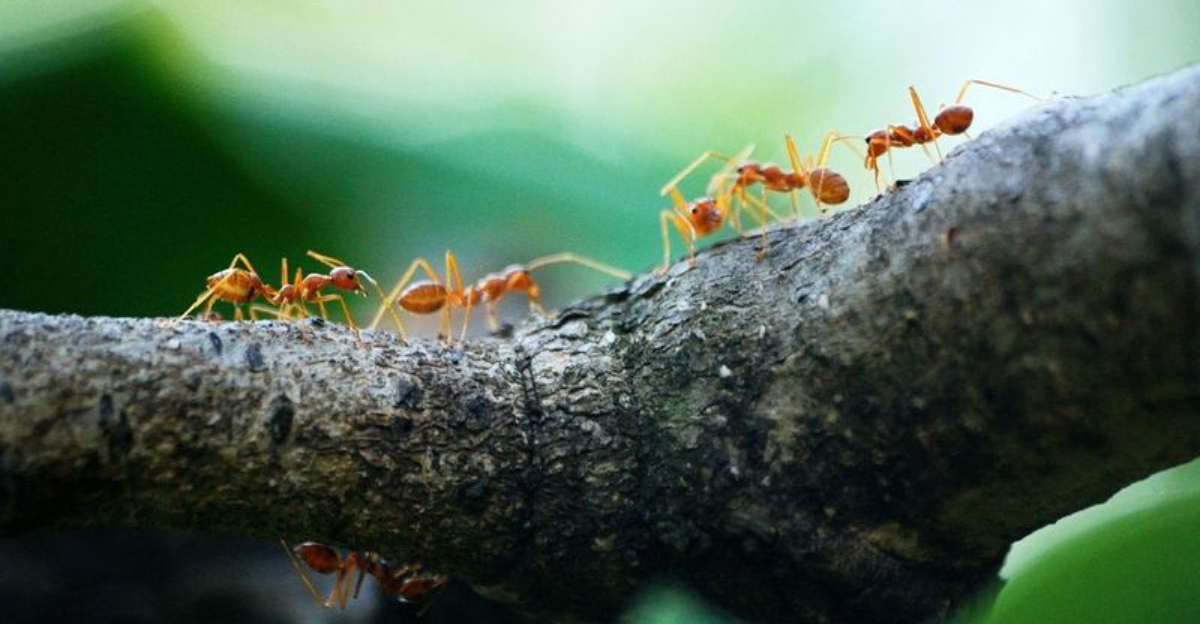
Ever noticed ants scurrying away from certain smells? These tiny creatures might seem unstoppable, but their powerful sense of smell is actually their weakness.
Ants communicate and navigate through scent trails, which means certain odors can confuse, repel, or even block their chemical messaging systems. Here’s how you can use nature’s perfumes to keep these six-legged invaders at bay.
1. Peppermint Power
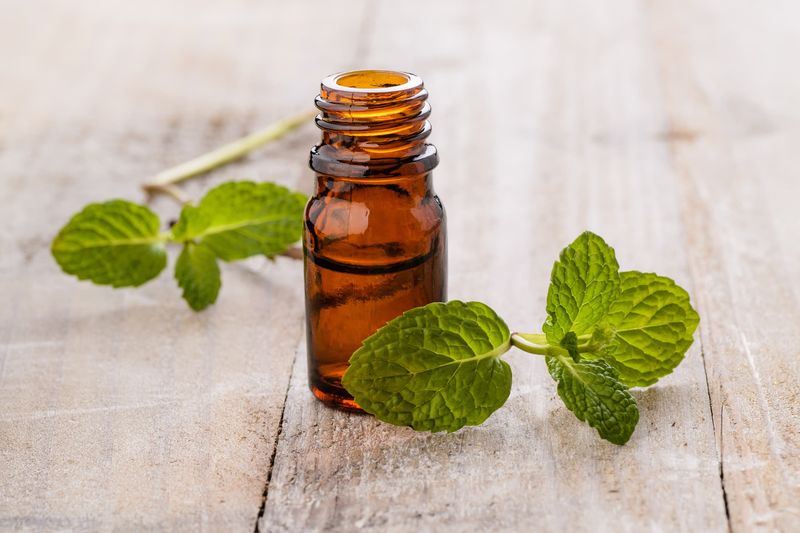
Ants run for the hills when they catch a whiff of peppermint. The strong menthol compounds overwhelm their scent receptors and disrupt their ability to follow trails.
A few drops of peppermint oil on cotton balls placed near entry points creates an invisible barrier that most ant species won’t cross. The cooling sensation we enjoy actually feels like chemical warfare to their tiny bodies.
2. Citrus Zest Shield

The bright, tangy scent we associate with morning orange juice is actually ant kryptonite. Citrus oils contain d-limonene, a compound that destroys the waxy coating on ants’ exoskeletons.
Rubbing lemon or orange peels along windowsills creates a fragrant barrier ants avoid. Save those peels after enjoying your fruit – they’re not just compost material but a powerful ant deterrent right from your kitchen.
3. Vinegar’s Acidic Assault

That sharp smell that makes your nose crinkle? Ants hate it even more. White vinegar’s acidic nature obliterates scent trails ants leave to guide their colony mates.
A simple spray of equal parts water and vinegar wipes away both visible ants and their invisible highways. While the smell dissipates quickly for us, ants will avoid these cleaned areas for days, confused by the absence of their chemical roadmaps.
4. Cinnamon’s Spicy Barrier
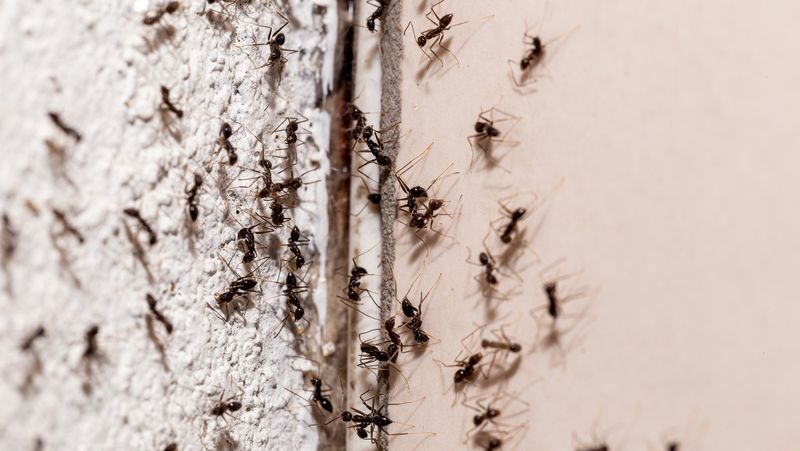
The warm spice that makes cookies irresistible to us creates panic in ant colonies. Cinnamon contains eugenol, a compound that acts as a powerful insect repellent.
Sprinkle ground cinnamon around entry points or use cinnamon essential oil for stronger protection. Many homeowners create a complete barrier around their homes with cinnamon sticks placed strategically near doors and windows, keeping their spaces ant-free without harsh chemicals.
5. Coffee Grounds Defense
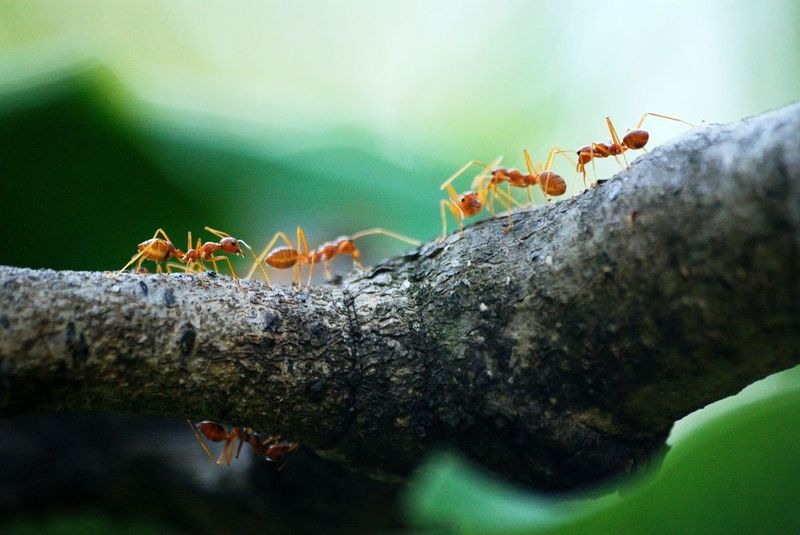
The morning brew that wakes you up sends ants into retreat mode. Used coffee grounds contain compounds and acidic properties that confuse and repel most ant species.
Scatter dried used grounds around garden plants, entry points, or ant hills. The caffeine in coffee is actually toxic to many insects, making this recycled kitchen waste a double-duty deterrent – it fertilizes plants while keeping six-legged invaders at bay.
6. Lavender’s Gentle Force
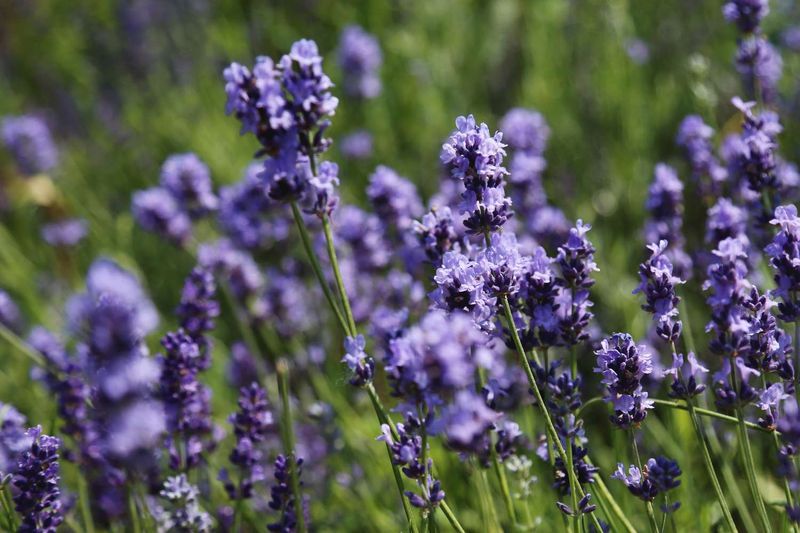
While lavender helps humans relax, it causes the opposite reaction in ants. The floral fragrance that soothes our nerves overwhelms ants’ sensitive smell receptors.
Growing lavender plants near entry points or using lavender essential oil on cotton balls offers beautiful, fragrant protection. Unlike some harsher deterrents, lavender provides a pleasant atmosphere for humans while creating an invisible force field against these persistent pests.
7. Cucumber Peel Surprise
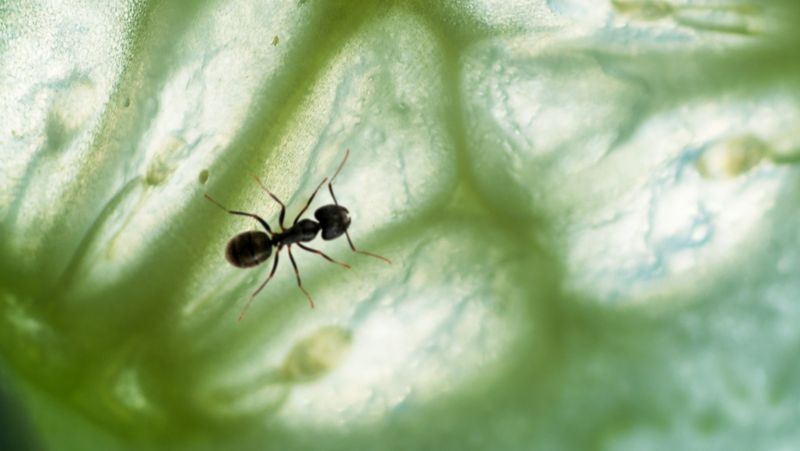
Something in cucumber peels makes ants turn around and march the other way. Scientists believe compounds like trans-2-nonenal and cis-3-nonenal create the repellent effect.
Fresh cucumber peels placed in ant-prone areas offer a non-toxic solution many homeowners swear by. The bitter compounds we barely notice hit ants like a wall of awful smell, making this kitchen scrap an unexpected ally in ant control.
8. Clove Oil Intensity
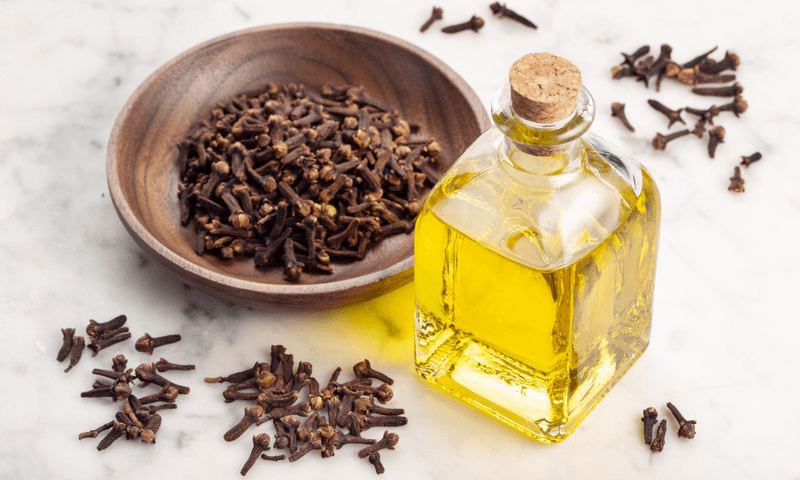
The powerful aroma of cloves doesn’t just enhance holiday dishes – it drives ants to find new territories. Eugenol, the main compound in cloves, disrupts ants’ neurological functions.
A few drops of clove essential oil on cotton balls placed strategically creates long-lasting protection. For outdoor spaces, whole cloves pushed into the soil around plants creates a protective zone that most ant species refuse to cross.
9. Bay Leaf Barricade
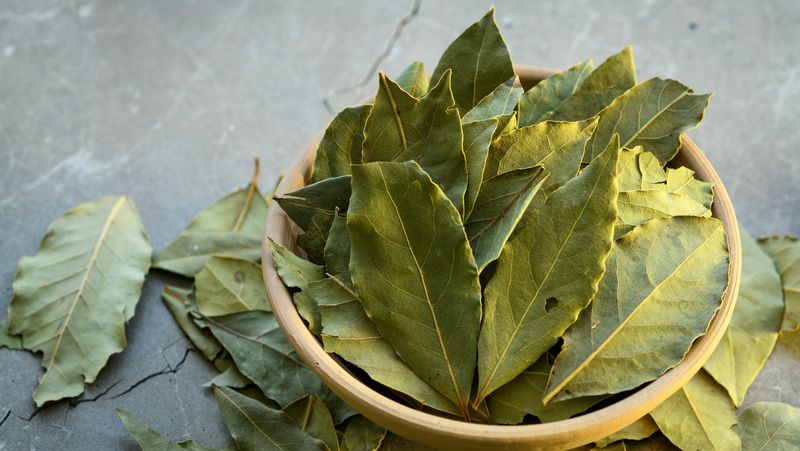
Those unassuming dried leaves in your spice cabinet pack a powerful punch against ant invasions. Bay leaves contain compounds like eucalyptol and myrcene that scramble ants’ communication systems.
Crushed bay leaves scattered near entry points or whole leaves placed in cabinets keep food storage areas ant-free. Unlike some deterrents that need frequent replacement, bay leaves maintain their repellent properties for weeks, making them a low-maintenance solution.
10. Cayenne Pepper Heat

The spice that burns our tongues creates an even more intense reaction in ants. Capsaicin, the compound that gives cayenne its heat, irritates ants’ exoskeletons and disrupts their sensory perception.
Sprinkling cayenne powder along entry points creates an effective barrier most ant species won’t cross. For stubborn infestations, a spray made with cayenne-infused water delivers a powerful one-two punch that both repels existing ants and prevents new scouts.
11. Garlic’s Pungent Shield
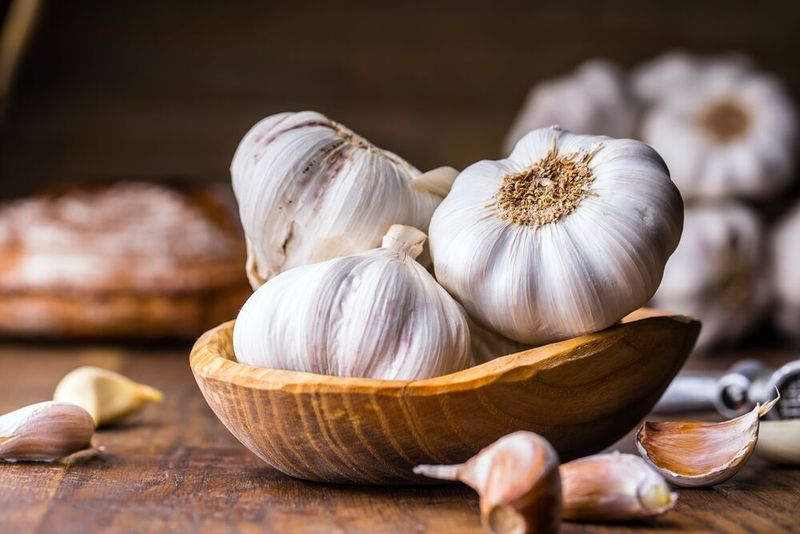
The strong sulfur compounds that give garlic its distinctive smell create an immediate retreat response in most ant species. What enhances our pasta sauce becomes chemical warfare in the ant world.
Crushed garlic cloves or garlic-infused water sprayed along entry points provides powerful protection. While the smell dissipates for humans relatively quickly, the compounds remain detectable to ants’ sensitive antennae for days, creating a long-lasting deterrent effect.
12. Tea Tree Oil Barrier
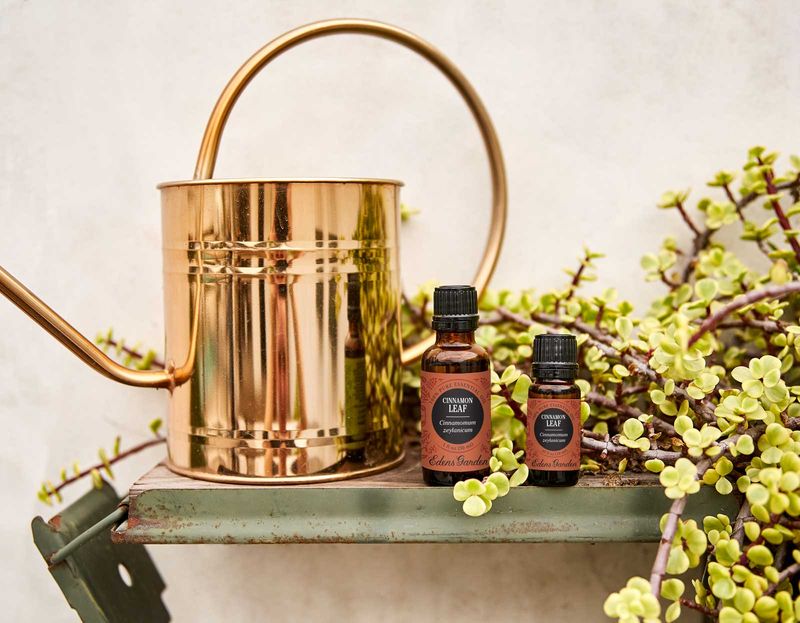
This powerful essential oil doesn’t just tackle skin problems – it sends ants running in the opposite direction. The strong terpene compounds overwhelm ants’ scent receptors and disrupt their ability to communicate.
A few drops mixed with water in a spray bottle creates an effective perimeter spray. Many professional exterminators now include tea tree oil in their natural treatment options because of its proven effectiveness against multiple ant species.
13. Eucalyptus Aroma Shield

The refreshing scent that helps clear our sinuses acts like tear gas to ant colonies. Eucalyptus contains cineole and other terpenes that interfere with ants’ chemical communication systems.
Eucalyptus leaves or a few drops of the essential oil create an effective barrier ants avoid crossing. Australian homeowners have long used this native plant as their first line of defense against persistent ant invasions, a natural solution now gaining worldwide popularity.
14. Diatomaceous Earth’s Deadly Dust
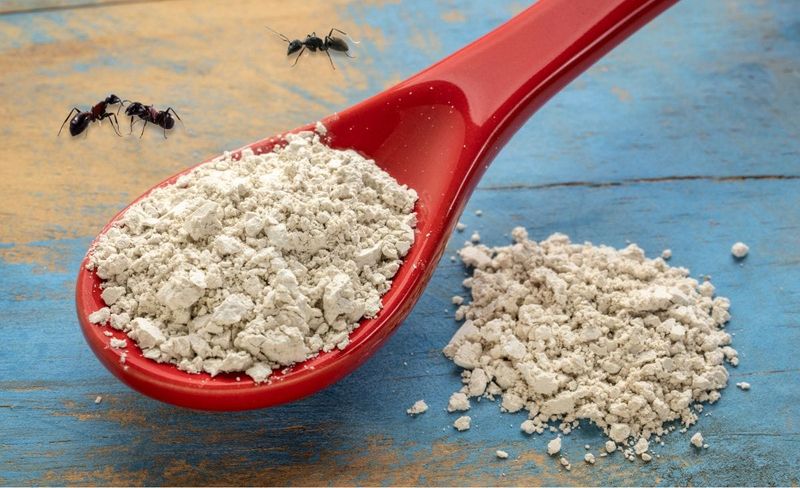
While not technically a smell, this powder deserves mention because ants detect and avoid it. Made from fossilized algae, it feels like walking on broken glass to ants.
Sprinkling food-grade diatomaceous earth along entry points creates a barrier ants won’t cross. The microscopic sharp edges damage ants’ exoskeletons and absorb their protective oils, making this powder both a repellent and a last-resort treatment for stubborn infestations.
15. Sage Smoke Signal
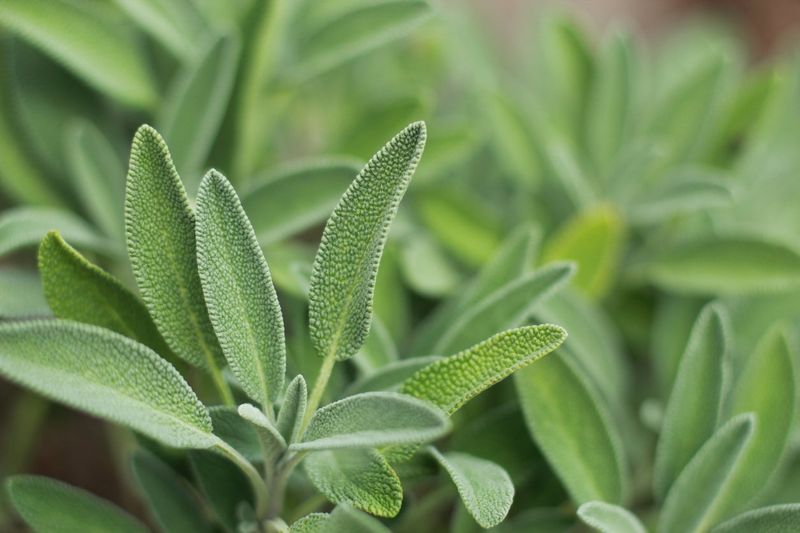
The aromatic herb that seasons our stuffing contains compounds like thujone and camphor that repel most ant species. Dried sage leaves or essential oil creates an effective ant barrier.
Burning sage (similar to smudging) creates a potent smoke that drives ants from hidden nests. Native American traditions have long included sage as an insect repellent, and modern research confirms what traditional knowledge has known for centuries – sage keeps crawling invaders at bay.





